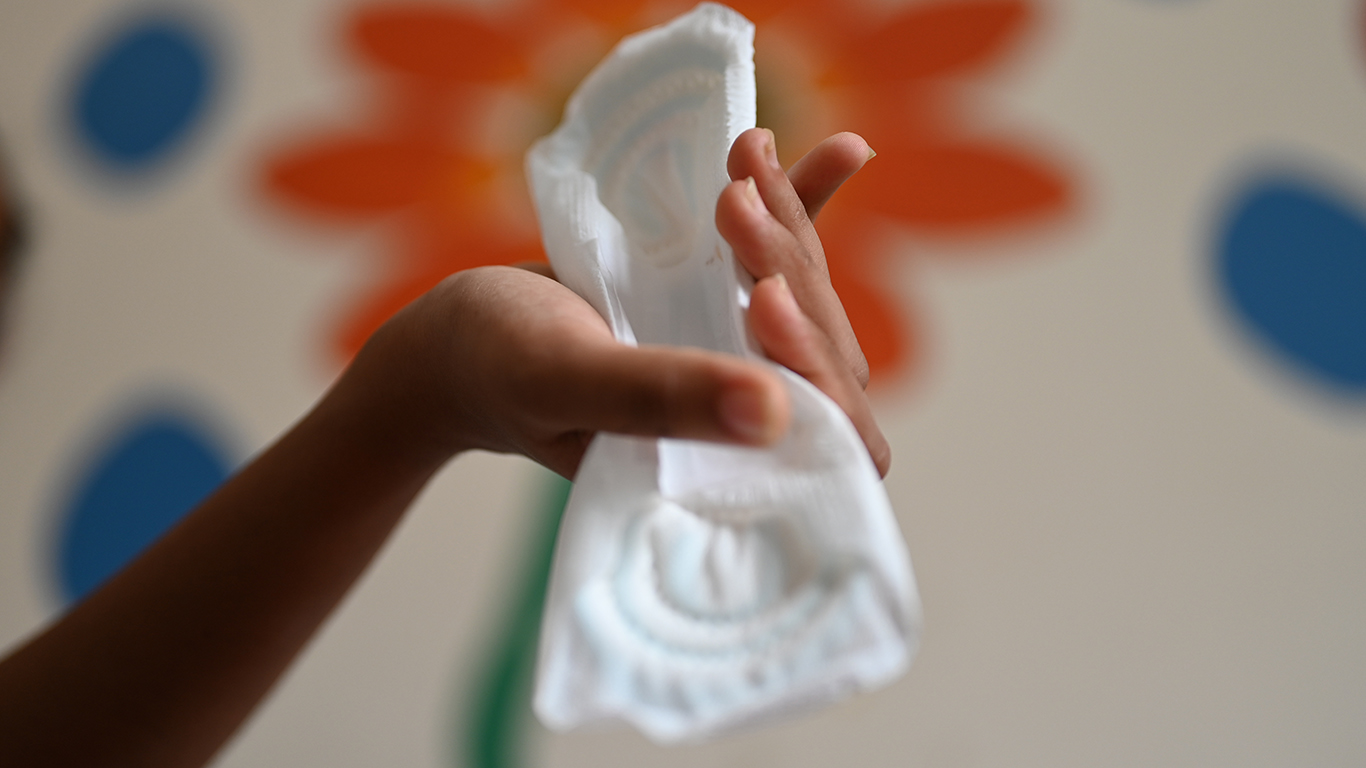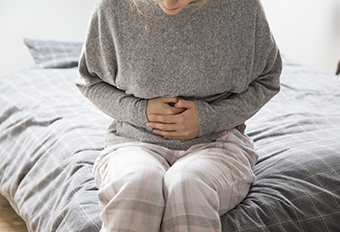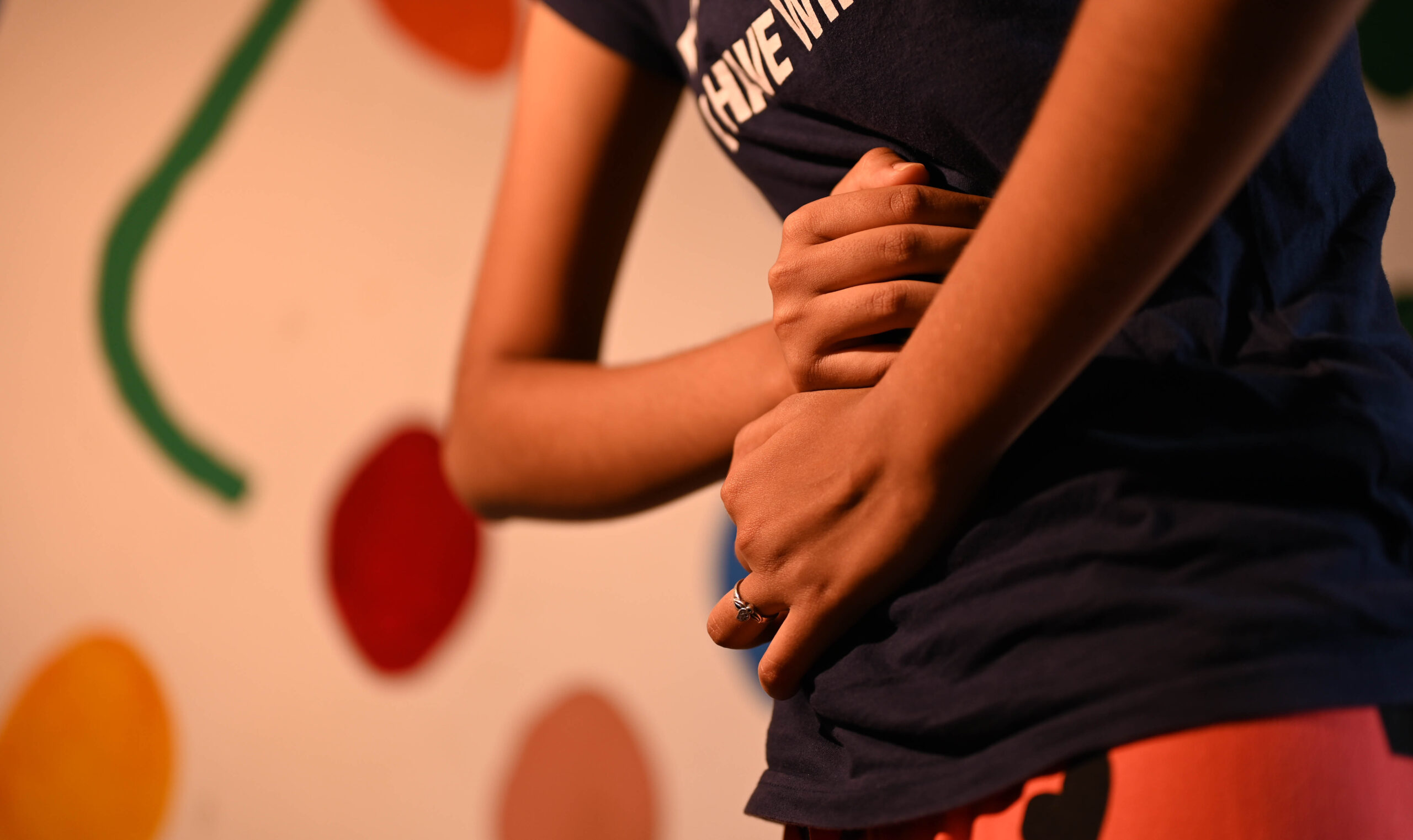We often hear comments about women and premenstrual syndrome or PMS. Mostly, they are either crude jokes, criticism or plain downright denial of the experience most women go through. The opinions on PMS, unfortunately, sound sexist and based on ill-information.

It is estimated that three of every four menstruating women have experienced some form of PMS symptoms such as food cravings, bloating, cramping and mood swings.
Experts say that because of a lack of conversation about women’s menstrual and reproductive health, many are not even aware that PMS exists. Tragically, many girls and women suffer from ignorance.
ALSO READ
Right support can ensure puberty is just a rite of passage
Preeclampsia: high blood pressure during pregnancy
Sluggish metabolism? Give it a kick-start
‘Anemia can hinder health, decrease the quality of life’
“Menstruation or period happens because of changes in hormones in the body,” Dr N Sapna Lulla, lead consultant, obstetrics and gynaecology, Aster CMI Hospital, Bengaluru, told Happiest Health. “It is normal vaginal bleeding that occurs as a part of a woman or a girl’s monthly cycle. A few bodily signs precede the period. Some get normal signs like craving for food. However, some face extreme experiences like crying spells, depression and anxiety.”
That is PMS in a nutshell.
What’s the fuss about PMS-ing?
Happiest Health found that in general, people — even educated, working and upwardly mobile ones from the metros — are not comfortable talking about PMS. While men avoided the subject with a smirk, women couldn’t hide their annoyance at the negative connotations surrounding PMS.
Some matter-of-fact women said, “It’s a part of being a woman, so deal with it.”
“My biggest grouse has to be women’s emotions, feelings and expressions being associated with PMS. It is not only men — even women are guilty of criticizing, minimizing and joking about PMS. I would say it’s offensive and downright rude,” says Barnali Chatterjee (name changed on request), who works as an account manager at a real-estate firm in Kolkata.
Chatterjee recalls two occasions in a previous job when her colleagues correlated her professional decision with PMS. “It was unbelievable. Just because I remained firm on my professional decision, my colleagues alleged that I was PMSing. It angered me. They thought it proved them right,” she says.
Dr Lulla agrees that it is not easy to have a discussion on PMS. “A woman experiencing PMS symptoms undergoes sudden mood swings and pain. Definitely, she is not in a position to bear taunts about her condition. Just because women go through it every month does not mean one needs to get habituated to it,” she says.
There is another side to PMS, and it should be discussed too, say doctors.
“Generally, nobody would act irrational or seek attention and blame it on their hormones. Many women have surrendered to the vagaries of PMS. Some try to find a solution to it. To others it’s more complicated, sensitive, personal and private,” says Dr Lulla.
“We need to stay away from silly jokes and lurid comments about PMS. Those who experience PMS symptoms need emotional support to cope with it.”
Doctors say depression, lack of concentration and fatigue associated with PMS can be managed with regular exercise such as yoga. Eating healthy is vital. One should consume more whole grains, fruits and vegetables. One should avoid foods and drinks with caffeine, salt and sugar. Consuming tobacco and smoking are not advisable.
It is important to get an adequate amount of rest and sleep since the lack of sleep is linked to depression and anxiety.
Most women have at least one sign of PMS each month. But it’s not the same for everyone. PMS can be physical, emotional or the behavioural changes that typically appear one to two weeks before a woman starts menstruating. Soon after the period starts, PMS symptoms go away on their own.
How women can deal with PMS
Everyone deals with PMS differently.
“Some of the most effective ways to manage PMS consist of change in diet, getting proper sleep and exercise, and keeping the body relaxed and free from stress. If none of these remedies work to manage PMS, it is time to seek help from your doctor. Based on evaluation, the doctor might ask you to undergo therapy or prescribed medicines,” says Dr Lulla.

















